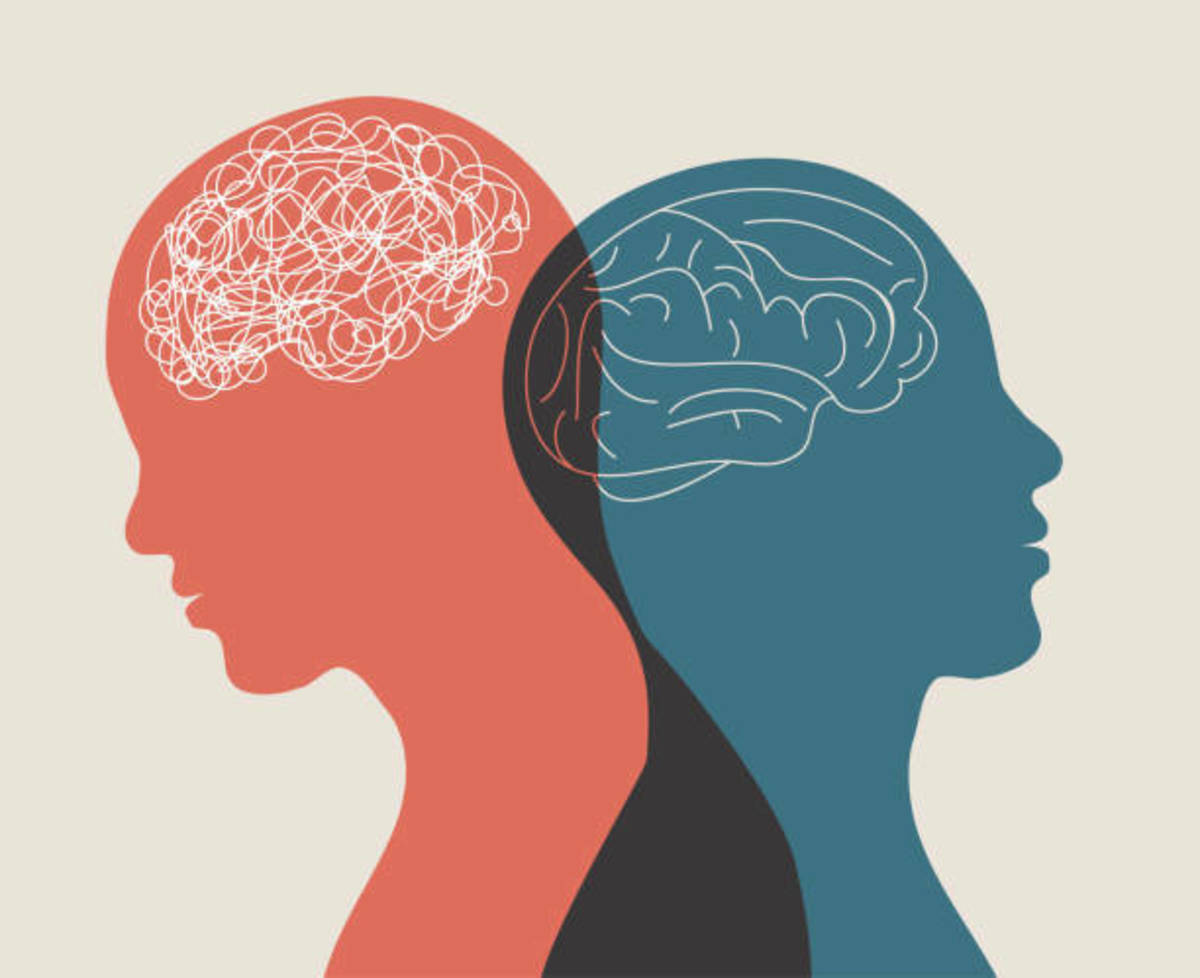Dealing with Bipolar Disorder

Top 5 Ways to Cope with Bipolar Disorder
Dealing with having a mental illness like bipolar disorder takes so much more than going to the doctor and getting a prescription. It is a condition that you have to live with every day and it requires developing a new set of skills to handle it. Fortunately, there are ways to cope that are successful and keep your mood swings at more manageable levels.
What is Bipolar Disorder?
Bipolar disorder is a mental illness that causes unusual shifts in mood, energy, activity levels, and the ability to carry out day-to-day tasks. It used to be called manic depression. Many people think that this means that people swing from being happy to being sad and back again. But the reality is much more complicated than that.
The manic side is much more than being happy. In fact, someone who is manic may not be happy at all. He may be more nervous, agitated or irritable. He may be restless and have grandiose ideas. Someone going through the manic phase may start rearranging furniture and belongings, shopping and spending excessively, gambling, and make impulsive decisions. Sometimes there are hallucinations and delusions as well.
The depression side is much more than being sad. It may show as lacking energy and motivation, having suicidal thoughts, or simply feeling that even the simplest tasks are difficult to accomplish. It may be hard to maintain focus on any one task.
Bipolar disorder is a treatable condition and help is available. Here are six things you can do to cope with your illness.

Coping With Bipolar Disorder Resources on Amazon
1. Learn About Bipolar Disorder
The most important thing you can do to cope with bipolar disorder is to learn everything you can about the subject. You will learn many things that will help you understand your illness and learn tips and strategies on how to deal with it. For starters, here are some basic facts.
Bipolar Disorder Facts
- Bipolar Disorder is a mental illness. A mental illness is a physical illness that deals with the brain. Go to the doctor or other professional to get it treated just as you would any other physical condition.
- It is a treatable condition, but right now there is no cure.
- There is a strong genetic connection, but right now, scientists do not know what causes it.
- It creates a chemical imbalance in the brain that can be treated with medication.
- Although moods can be somewhat in our control by meditation and stress management techniques, not being able to control your bipolar moods does not make you a weak or incompetent person. While thinking positive thoughts can certainly help, getting outside help in the form of medication and counseling is often required.
2. Work with Your Doctor
As already stated, bipolar disorder is a treatable condition. There are many different medications that can help treat you, but since each person is different, your body may react differently to certain medications than anyone else. This means that you will have to keep working with your doctor and try out different medications, and different dosages to get the right combination of therapy that works for you.
Make sure you keep your appointments and take your medications exactly as prescribed. Many people with bipolar disorder tend to stop taking their medication when they are feeling well, but taking the medicine regularly will help keep the moods on a more even keel.

3. Stay Aware of Your Moods
One thing that makes bipolar disorder difficult to deal with is the fact that certain moods are completely normal and should be a regular part of your life. Sometimes it is difficult to decide when your moods are out of the "normal" range.
Another thing that makes it difficult is that it is often difficult for you and others to recognize that you are venturing outside of the "normal" range until you are in the extreme range, especially if the swing is gradual.
You must learn to identify your symptoms, and determine what kinds of actions and behavior you had so you can try to get help immediately before you reach an extreme. Figure out what kinds of things trigger an episode so that you can avoid those types of triggers.

4. Build a Support System
While you may want to avoid telling everyone you know about your mental illness to avoid the stigma, you will have to tell your close friends and family members so that they can support you when you have an episode.
Your loved ones need to understand that this condition cannot simply be treated with willpower and positive thoughts. Be sure that you tell your friends and family what you have learned about your condition, so they can be more understanding when you have an episode.
Also let them know about your trigger signs and symptoms, so they can get help on your behalf when you cannot take care of yourself. Be sure that you write down the name and contact information of your doctor, insurance information, the names and dosages of your medications, allergies, and whatever other information your loved ones will need when they take you to get help.
In addition to friends and family, be sure to find a doctor that works well with you, and consider talking to a counselor to help you deal with the problems associated with the condition. Your mood swings will likely cause interpersonal issues. Being able to talk it out and learning how to communicate, manage your temper, and develop other interpersonal skills will help you manage the results of episodes better.
You can also join a support group so you can talk with people who truly understand what you are going through and have developed strategies of their own that may be able to help you.
5. Reduce Stress
While this is much easier to say than to do, learning how to reduce stress is very helpful in dealing with bipolar disorder. If you can avoid the triggers of your episodes, you will be able to avoid the episodes.
Creating routines will help make sure that you are taking care of yourself and will keep your life more manageable. Having a schedule will make sure that you get enough sleep, but not too much sleep. Getting up every morning and taking care of your basic hygiene will help refresh you and get you ready for the day. Eating healthy will make sure that your body gets all the vitamins and minerals that it needs. Exercise will help relieve excess energy and also keep you healthy.
Engage in activities that help relieve stress, such as:
- Quilting or other crafts that help you express your emotions in a more healthy way.
- Yoga and meditation
- journaling
- talking to friends and family
- participating in or watching sports
- walking in a park or other calming environment
Do you personally know anyone who has bipolar disorder?
Coping with Bipolar Disorder
Having a mental illness such as bipolar disorder can really affect your life in so many ways. It affects everything you do, and can take a toll on your relationships with your coworkers, family, and friends. Following these steps will hopefully help you manage your condition and keep your moods on a more even continuum.
- Learn about your condition.
- Work with your doctor.
- Stay aware of your moods.
- Build a support system.
- Reduce stress.
© 2013 Shasta Matova
Popular
Living With Manic Depression, Anxiety Disorder, And Bipolar Disorder As A Teenager (Part I)
Bipolar Disorder: What You Need to Know The Mood Swinger Chronicles: Adventures in Mental Health Part 3
Climbing the Career Ladder on a Bipolar Seesaw the Mood Swinger Chronicles: Adventures in Mental Health Part 8









